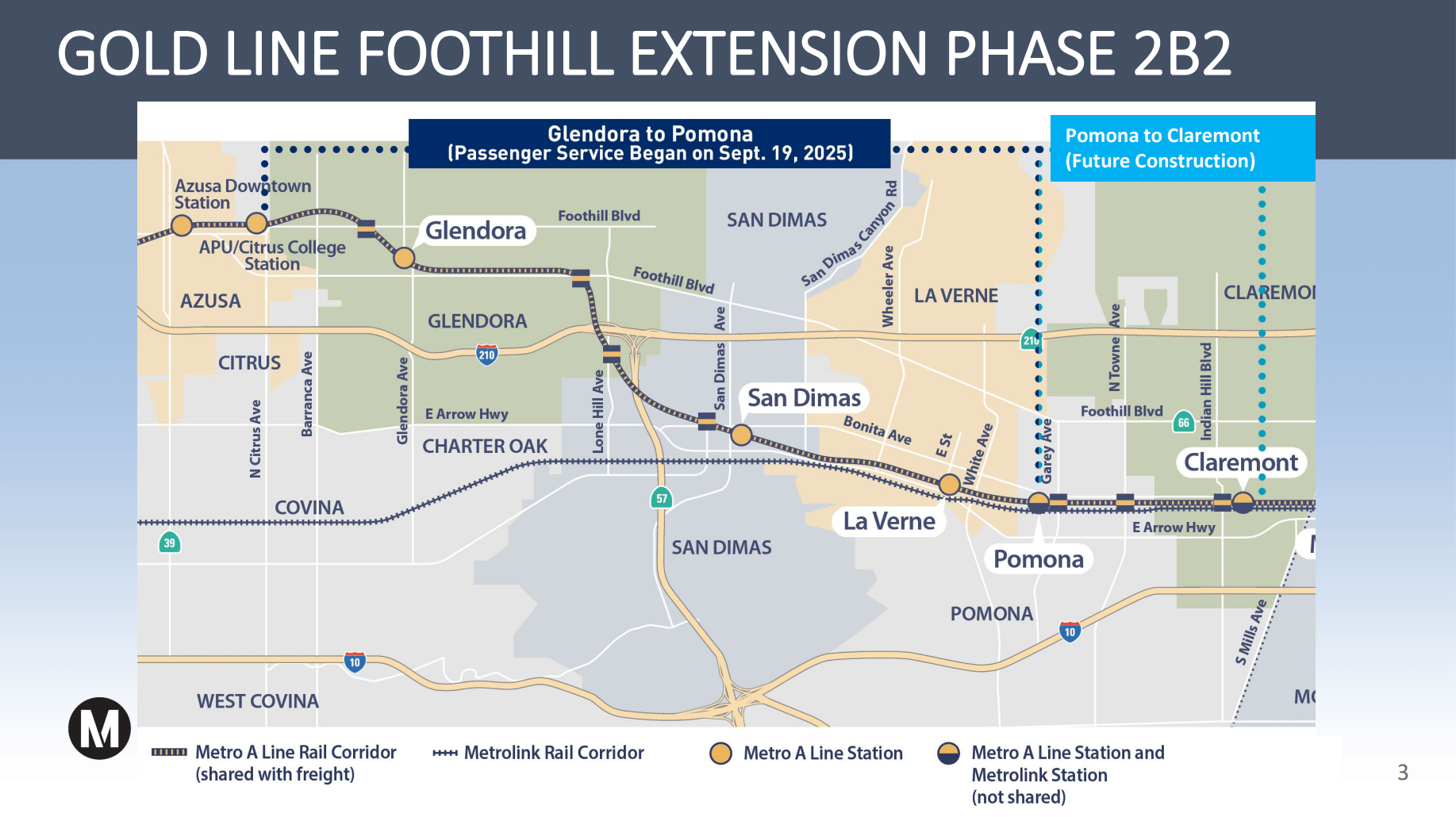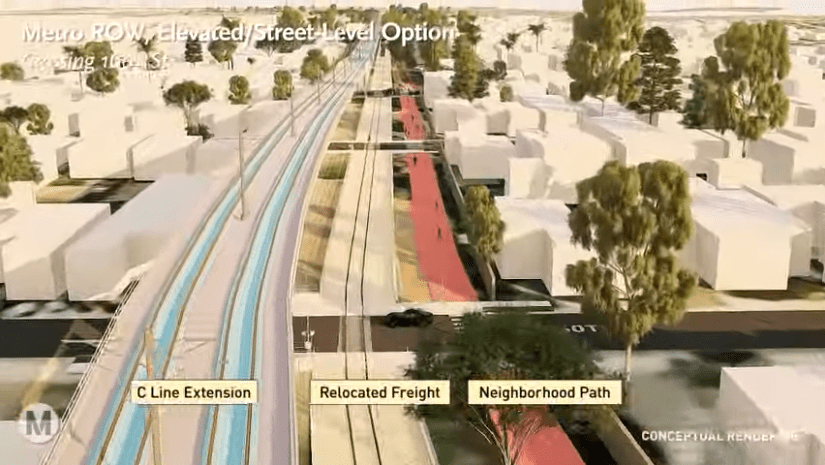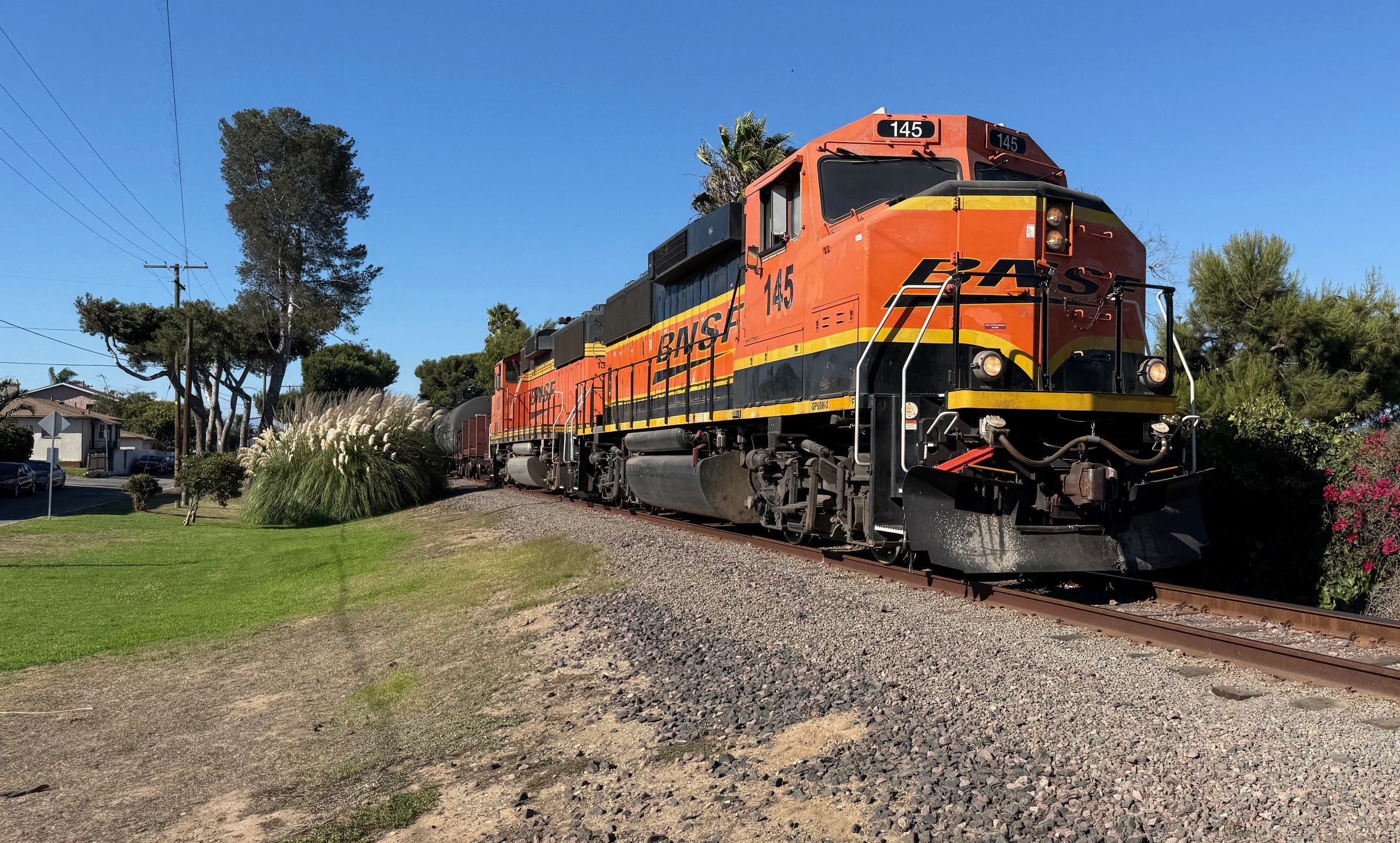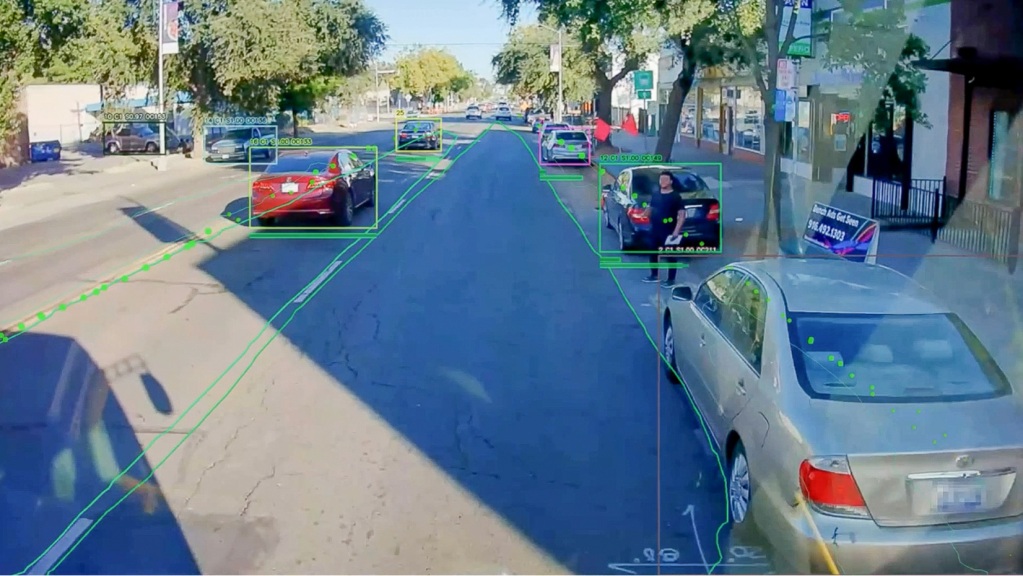It remains to be seen whether lawmakers will move on a new long-term federal transportation bill
this year. If they do, what might the opposition look like, and how
will legislators react? These are the questions posed today by Yonah
Freemark at The Transport Politic.

To
get an idea of how a new funding package might fare in the Senate,
Freemark has compiled a scorecard of key transportation votes -- which
he's dubbed the Transport Index 2009. As with most issues, the Index
finds that support for investment in sustainable modes and maintenance
of existing infrastructure is split along party lines.
In response to the President's State of the Union Address in February, Louisiana Governor Bobby Jindal (R) criticized the stimulus, arguing that it was "larded with wasteful spending."He pointed to the $8 billion devoted to high-speed rail as aspecifically unnecessary expenditure. It became clear at that momentthat the road to an improved American transportation system would notbe a straight shot. How will the members of the Senate react when theyare forced to consider expanding the federal commitment totransportation? That's what this Transport Index is intended toanticipate.
The health reform debate of the last severalweeks has made evident the fact that Republicans in Congress will beable to rile up an intimidating opposition to legislation proposed bythe Democratic Party. Though Democrats have 60 seats in the Senate -- anumber that is large enough to vote down a potentially fatal filibuster-- the sudden arrival of thousands of right-wing demonstrators on sceneat town hall meetings has slowed down and problematized the passage ofany legislation.
Would Republicans stage a similar tempertantrum if the Congress embarked on a massive transportation program?It's unclear, but Mr. Jindal's reaction in February indicates that it'sa distinct possibility.
What do you think of this ranking
system? Can Democratic senators from Montana, North Dakota, and
Arkansas be counted on to support a bill that invests in urban transit?
More on the Network: Hard Drive details how a bike shop owner in Portland, Oregon has instituted his own Cash for Clunkers program; Urban Review STL looks at how towns are messing up Main Street; Copenhagenize anticipates the arrival of "bicycle superhighways"; and Plan Philly reports on a city plan to speed bus travel.






